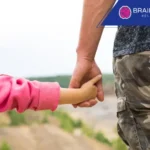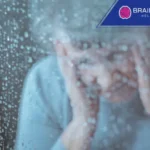Boston University’s Chronic Traumatic Encephalopathy (CTE) Center has reported findings related to young athletes and degenerative brain disease. Of the 152 athletes under 30 studied, 41.4% showed evidence of CTE, a condition caused by repetitive head impacts (RHI). This figure is notably higher than rates found in the general population.
Remarkably, the study on brain disease in young athletes includes the first-ever American female athlete diagnosed with CTE: a 28-year-old collegiate soccer player. Though her identity remains confidential, her case underscores that this issue isn’t gender-exclusive.
Dr. Ann McKee, the study’s leading author, emphasized the early onset of CTE in these athletes. She said, “The fact that over 40% of young contact and collision sport athletes have CTE is remarkable.” To put it in perspective, fewer than 1% of the general population have this condition.
Most of the affected athletes exhibited mild CTE, with only a few displaying more advanced stages. Symptoms such as depression, behavioral control difficulties, and decision-making problems were rampant among them, irrespective of CTE diagnosis. McKee advises young athletes showing neuropsychiatric symptoms to seek immediate medical assistance, emphasizing that timely intervention can alleviate symptoms.
The study also revealed that amateur athletes, including football, ice hockey, and soccer players, comprised the majority of CTE diagnosis. Furthermore, those diagnosed had, on average, more extended exposure to contact sports.
It’s vital to note that the actual prevalence of CTE remains uncertain since it’s not yet diagnosable in living individuals. Dr. Nsini Umoh from the National Institute of Neurological Disorders and Stroke highlighted the need for more research to fully understand the relationship between RHI, concussions, and CTE fully.
Consequently, the BU team is striving to create a CTE Prevention Protocol. For athletes concerned about concussions or CTE, the Concussion Legacy Foundation HelpLine offers support.
If you or a loved one has suffered a traumatic brain injury, particularly due to another’s actions, help is available. Reach out to the Brain Injury Help Center to get medical assistance and legal expertise to file a claim for compensation. Your well-being and justice are paramount.









